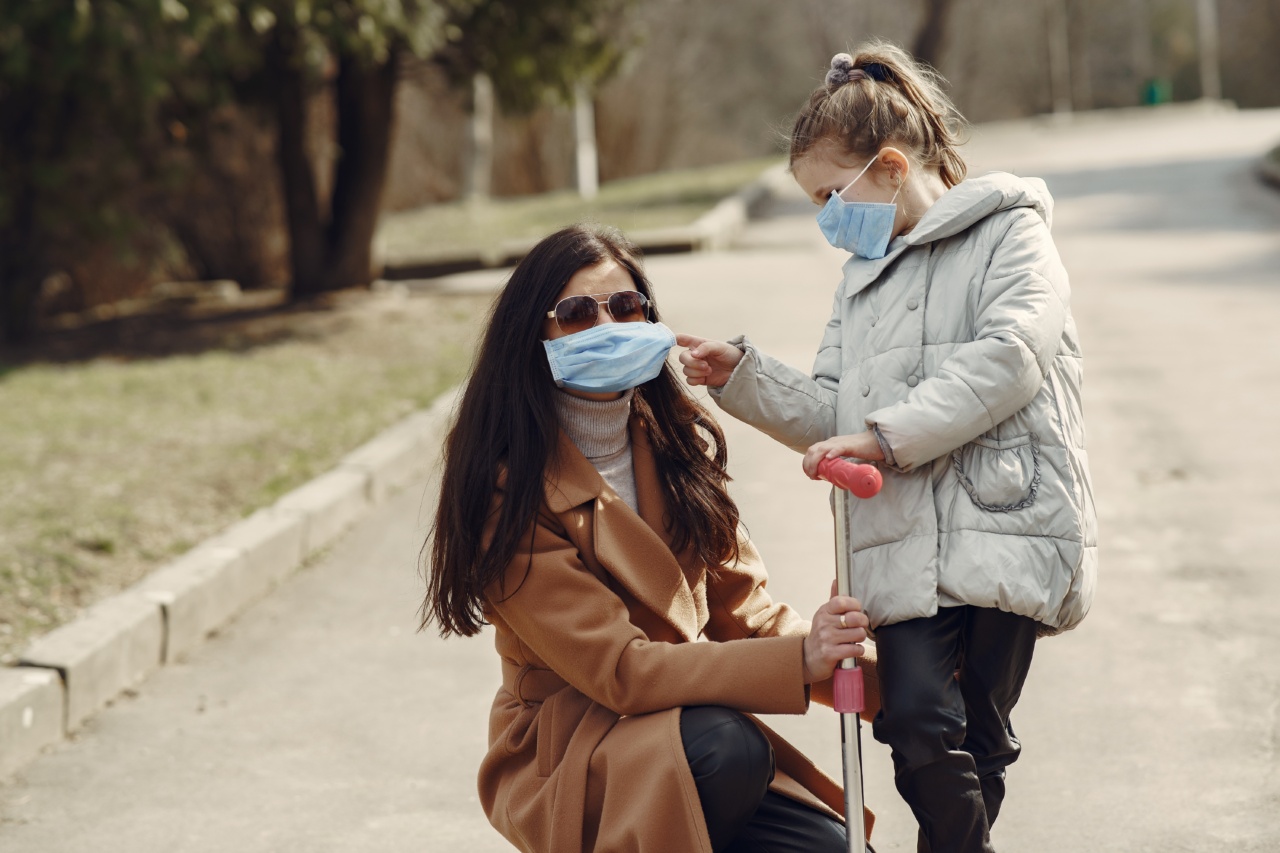Motherhood is a responsibility that comes with its own set of challenges. One of the most significant challenges is keeping an infant healthy and safe. Infants are delicate beings that require constant care, attention, and protection from harm.
As a mother, you need to be vigilant and take all necessary measures to keep your baby healthy and safe. Here are some essential things to keep in mind.
Proper Hygiene
Good personal hygiene is crucial to prevent the spread of harmful bacteria and viruses. Infants have delicate skin that is susceptible to infections. Therefore, it is important to maintain personal hygiene not only for the infant but also for the mother.
Washing hands before handling the baby, cleaning the house, and sanitizing surfaces that come into contact with the baby can reduce the risk of infections. It is advisable to use baby-friendly soap and shampoos to avoid skin irritations and rashes.
Nutrition
A healthy infant is a well-nourished baby. It is essential to provide infants with the right nutrition to bolster their immune system and help them grow strong.
Breastfeeding is the best option for infants as it provides them with essential nutrients that help them fight infections and promote growth.
For mothers who cannot breastfeed, formula milk is a suitable alternative. It is advisable to consult a pediatrician to ensure that the formula milk selected is appropriate for the infant’s age and health condition.
Infants need to be fed on time, and extra care should be taken for premature babies or infants born with health issues.
Safe Sleeping
Sleeping is an essential part of an infant’s growth and development. It is important to ensure a safe sleeping environment for your baby to prevent sudden infant death syndrome (SIDS).
Infants should be placed on their back to sleep, on a firm mattress in their own crib, cradle, or bassinet. Soft bedding such as pillows, thick quilts, comforters, and soft toys should be kept away from the sleeping area.
Infants should not be placed to sleep on couches, armchairs, or any other soft surface where they can get trapped and suffocate.
Vaccinations
Vaccinations are one of the best ways to protect infants from infectious diseases. Vaccines help build immunity against illness such as measles, mumps, rubella, polio, and whooping cough.
A baby’s immunity develops slowly, and vaccinations help to provide protection until the baby’s immune system is strong enough to fight off infections.
It is advisable to follow the vaccination schedule recommended by the pediatrician. If you have any doubts or concerns, discuss them with your healthcare provider.
Keeping records of your baby’s vaccinations is crucial for tracking their immunity and ensuring timely follow-up vaccinations.
Safe Travels
Travelling with an infant can be a daunting task. Extra care should be taken to ensure their safety during travel.
Infants should be strapped correctly in their car seats and made to sit in the back seat. It is essential to follow car seat safety guidelines and use a car seat that is appropriate for the child’s age and weight.
Avoid holding an infant during car travel, as this can be dangerous and potentially lethal in case of an accident.
When travelling by air, consult with the airline regarding their policies on traveling with infants. Prepare a check-list of essential items to carry such as baby food, diapers, wet wipes, and medicines to attend to emergencies.
When selecting accommodation, ensure that the place is baby-friendly and that essential amenities such as a crib or a high chair are available.
Regular Check-Ups
Regular check-ups with a pediatrician are essential to track the baby’s growth and development. The pediatrician will also screen the baby for any health issues and provide guidance on caring for your baby.
It is essential to keep track of your baby’s vaccination schedule and ensure that the baby receives timely vaccinations. Engage with the pediatrician and discuss any concerns or doubts regarding your baby’s health.
Safe Playtime
Playtime is an essential part of an infant’s growth and development. It helps them learn new things, develop their motor skills, and stimulate their senses.
However, it is essential to ensure that the play area is safe and free from any hazards that could potentially harm the infant.
Infants should not be left alone during playtime. Soft toys should be selected with care, ensuring that they do not have any detachable parts that could pose a choking hazard.
Sharp objects such as scissors, knives, or sharp-edged toys should be kept away from infants.
Avoid Smoking and Exposure to Smoke
Smoking is detrimental to both mother and infant. Secondhand smoke puts infants at risk of Sudden Infant Death Syndrome (SIDS), respiratory infections, and asthma. It is advisable to avoid smoking during pregnancy and in the presence of infants.
If you or your partner smoke, it is essential to ensure that the baby is not exposed to smoke. Avoid smoking indoors or near the infant, as smoke particles can get trapped in clothing, furniture, and carpets, and still be inhaled by the infant.
Conclusion
Motherhood is an incredible journey filled with love, joy, and responsibility. Keeping your baby healthy and safe requires consistent effort in maintaining hygiene, nutrition, safe sleeping, vaccinations, and regular check-ups.
Playtime and travel should be made safe, and exposure to smoke should be avoided. Follow these guidelines to help your baby grow into a healthy and happy child.





























